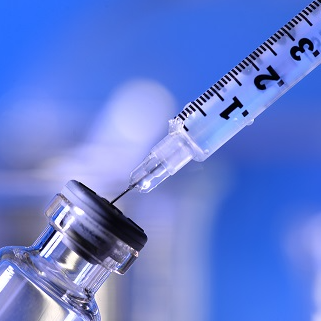AstraZeneca Launches Phase 3 COVID-19 Vaccine Trial
AZD1222 demonstrated safety and immunogenicity across all adult age groups.

The original article, “AstraZeneca Starts Phase 3 Trial for its COVID-19 Vaccine in US,” was published on ContagionLive.
Earlier this week, AstraZeneca announced it has entered a phase 3 trial for its coronavirus disease 2019 (COVID-19) vaccine candidate, AZD1222, in the United States.
Trial centers across the US are recruiting up to 30,000 adults. Prospective participants must be at least 18 years old, can be from diverse racial, ethnic, and geographic groups who are healthy or have stable underlying medical conditions, including those living with HIV, and who are at increased risk of infection from the SARS-CoV-2 virus.
Outside the US, the criteria for medical centers to be included are based on predicted transmission rates of the virus. Centers in Peru and Chile will be starting recruitment soon.
“We are pleased that AZD1222 demonstrated safety and immunogenicity across all adult age groups and are proud to be collaborating with BARDA and NIAID to accelerate the development of this vaccine. Should clinical trials demonstrate the vaccine protects against COVID-19 disease and is approved for use, we will work hard to make it globally available in a fair and equitable manner as rapidly as possible,” Mene Pangalos, executive vice president, BioPharmaceuticals R&D, said.
Participants are being randomized to receive two doses of either AZD1222 or a saline control, 4 weeks apart, with twice as many participants receiving the potential vaccine than the saline control. The trial is assessing efficacy and safety of the vaccine in all participants, and local and systemic reactions and immune responses will be assessed in 3000 participants.
Back in July, AstraZeneca reported interim results from their ongoing Phase 1/2 COV001 trial showed AZD1222 was tolerated and generated robust immune responses against the SARS-CoV-2 virus in all evaluated participants.
AZD1222 was co-invented by the University of Oxford and its spin-out company, Vaccitech. It uses a replication-deficient chimpanzee viral vector based on a weakened version of an adenovirus that causes infections in chimpanzees and contains the genetic material of the SARS-CoV-2 virus spike protein.
After vaccination, the surface spike protein is produced, priming the immune system to attack the SARS-CoV-2 virus if it later infects the body.